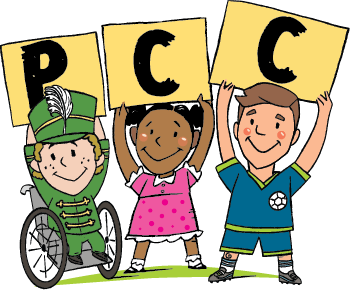Home » Common Childhood Illness FAQs » Bronchitis
What You Should Know
Bronchitis FAQs

Bronchial tubes carry air to and from your lungs and sometimes during illness, they can experience inflammation. When the lining of your bronchial tubes gets inflamed, this results in what’s referred to as bronchitis.
The first potential signs of bronchitis will be the symptom of coughing. As the cough persists, it could even graduate to a barking type of cough.
Sore throats don’t normally come with coughs. It just very simply hurts to swallow while colds and flus have other symptoms that are not typically conducive to bronchitis.
The symptoms of bronchitis can include:
- Cough – Can be unproductive coughs or can also produce mucus
- Mucus – It can be clear, white, yellowish-gray or green
- Lethargy or Fatigue – Weakness or frequently tired
- Shortness of breath
- Slight Fever – Typically around 100.4
- Body Chills – Occasional chills that come and go
- Chest discomfort – Slight tightness in chest. Sometimes from overexerting chest muscles due to the ongoing coughs
It’s important to know that there are 2 types of bronchitis, acute bronchitis and chronic bronchitis. Both are upper respiratory infections and can be caused by a virus or bacteria.
Acute bronchitis is also commonly referred to as a chest cold and will normally subside and run its course in a week to 10 days. However, there may still be a lingering cough that could stay for a few weeks. Acute bronchitis can also cause headaches and body aches. Acute bronchitis is very common, especially in children, but if the coughing is very labored or painful, you should schedule an appointment with your pediatrician.
Chronic bronchitis is more serious and is not as prevalent in children. Chronic bronchitis is very common with smokers because the bronchial tubes are constantly being irritated by smoke. Children don’t normally experience chronic bronchitis but if they keep experiencing bronchitis symptoms, it could be indicative of something more serious like chronic obstructive pulmonary disease, or what’s commonly called COPD. Again, this is rare in children, but if you feel concerned about your child’s breathing, you should always consult your pediatrician.
Bronchitis is most prevalent in your child’s throat and in their breathing so the primary source of their discomfort will originate there. The “barking” cough is very indicative of bronchitis but it’s difficult to assess if other symptoms are related to bronchitis.
If your child experiences any of these symptoms below, you should contact your pediatrician:
- If their throat gets too aggravated and it becomes difficult for your child to swallow, you need to seek medical attention
- Bronchitis symptoms last for more than 3 weeks
- Child has continued issues sleeping
- If there is also the presence of a fever around 100.4 degrees (Fahrenheit)
- Mucus being produced is very often discolored or streaked with blood





